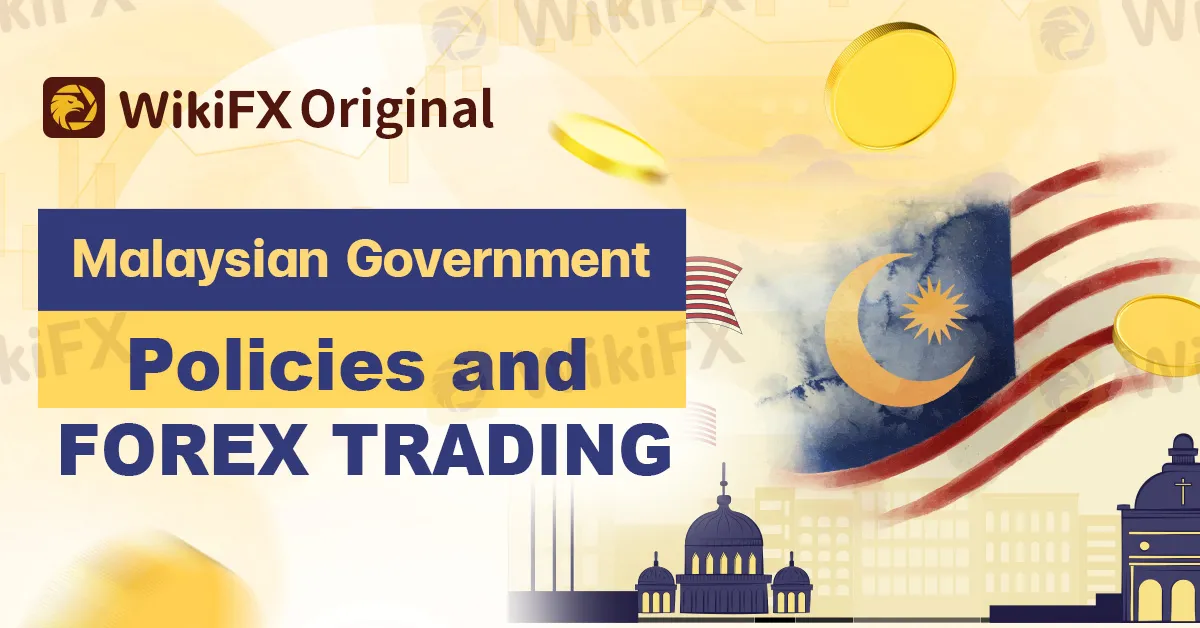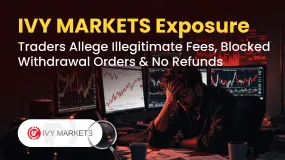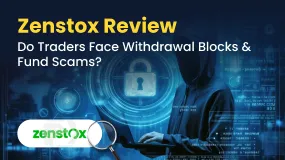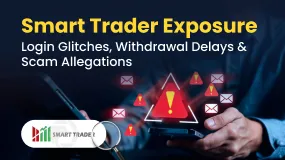Abstract:The Malaysian government's carefully crafted policies play a crucial role in shaping the forex trading landscape in the country, fostering investor protection and market development. From stringent regulation of forex brokers to measures that encourage foreign investment, these policies have made Malaysia's forex market well-regulated and increasingly attractive to traders.

The Malaysian government has several policies that affect forex trading in the country. These policies are designed to protect investors and promote the development of the forex market in Malaysia.
One of the most essential government policies is the regulation of forex brokers. The Bank Negara Malaysia must license all forex brokers operating in Malaysia. This ensures that brokers meet certain standards of financial stability and customer protection.
The Malaysian government also imposes certain restrictions on forex trading. For example, there are limits on the amount of leverage forex traders can use. This is designed to protect traders from excessive risk.
In addition, the Malaysian government has several policies promoting the development of Malaysia's forex market. For example, the government provides tax breaks to forex brokers and investors. This helps to attract foreign investment to the Malaysian forex market.

The Malaysian government's policies have helped to make forex trading a popular activity in Malaysia. Several licensed forex brokers operate in the country, and the market is well-regulated. As a result, forex traders in Malaysia can be confident that they are operating in a safe and transparent environment.
Here are some of the specific government policies that affect forex trading in Malaysia:
The Foreign Exchange Administration Policy (FEAP): The FEAP sets out the rules and regulations governing forex trading in Malaysia. It covers topics such as the licensing of forex brokers, the use of leverage, and the reporting of transactions.
The Anti-Money Laundering and Counter-Terrorism Financing Act (AMLA): The AMLA requires forex brokers to take steps to prevent money laundering and terrorist financing. This includes verifying the identity of customers and reporting suspicious transactions.
The Consumer Protection Act (CPA) protects consumers from unfair and deceptive practices. This includes providing consumers with clear and accurate information about forex trading risks.
The Malaysian government's policies have positively impacted the forex market in Malaysia. The market is now well-regulated and transparent, which has attracted foreign investment and made it a more attractive destination for forex traders. As a result, the forex market in Malaysia is expected to continue to grow in the years to come.
If you are interested in forex trading in Malaysia, knowing the government's policies is crucial. This will help you to understand the risks involved and to make informed trading decisions. You can find more information about the government's policies on the Bank Negara Malaysia and the Securities Commission Malaysia websites or by keeping up with WikiFX as we continuously update information about all forex-related queries.











